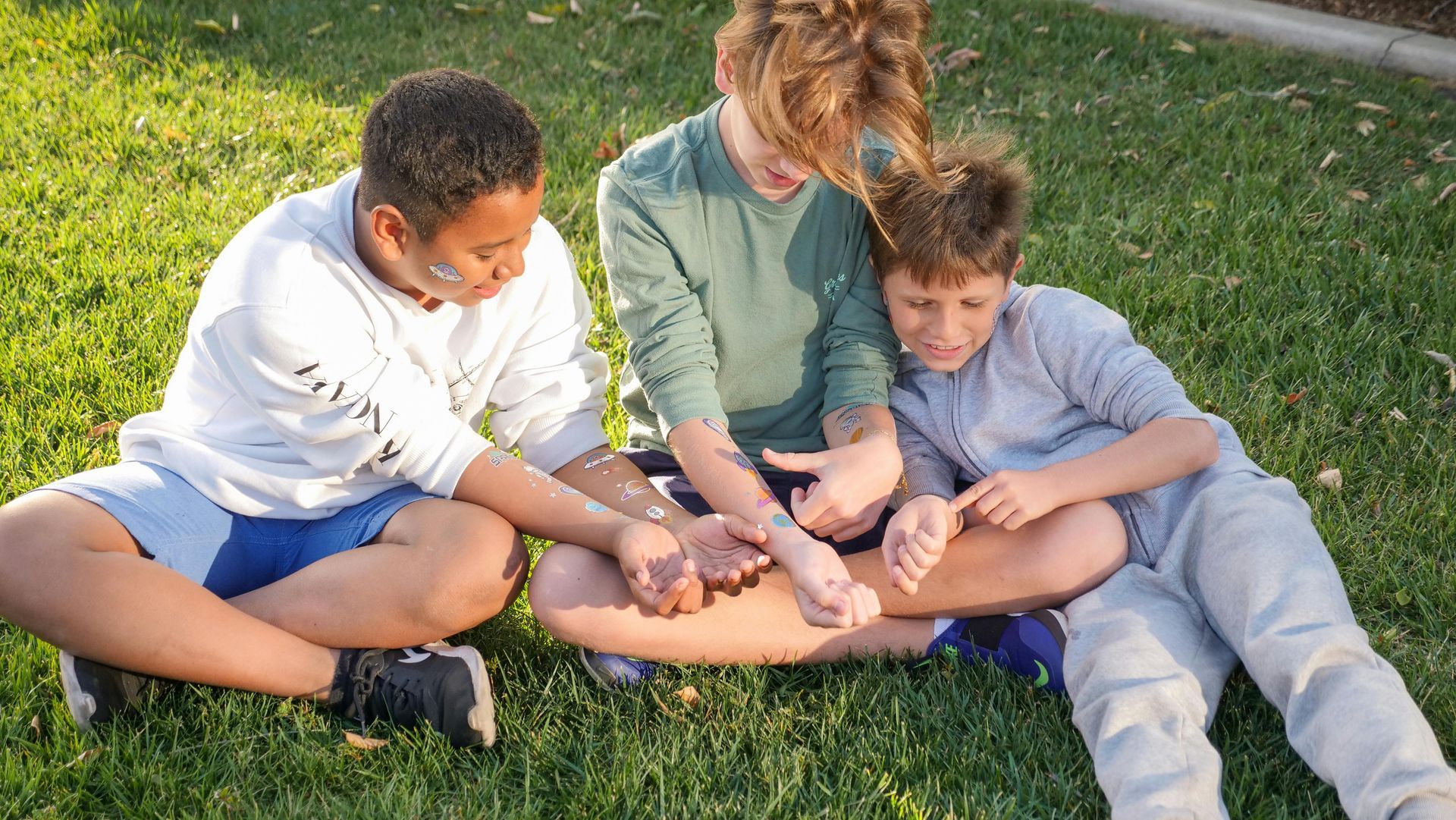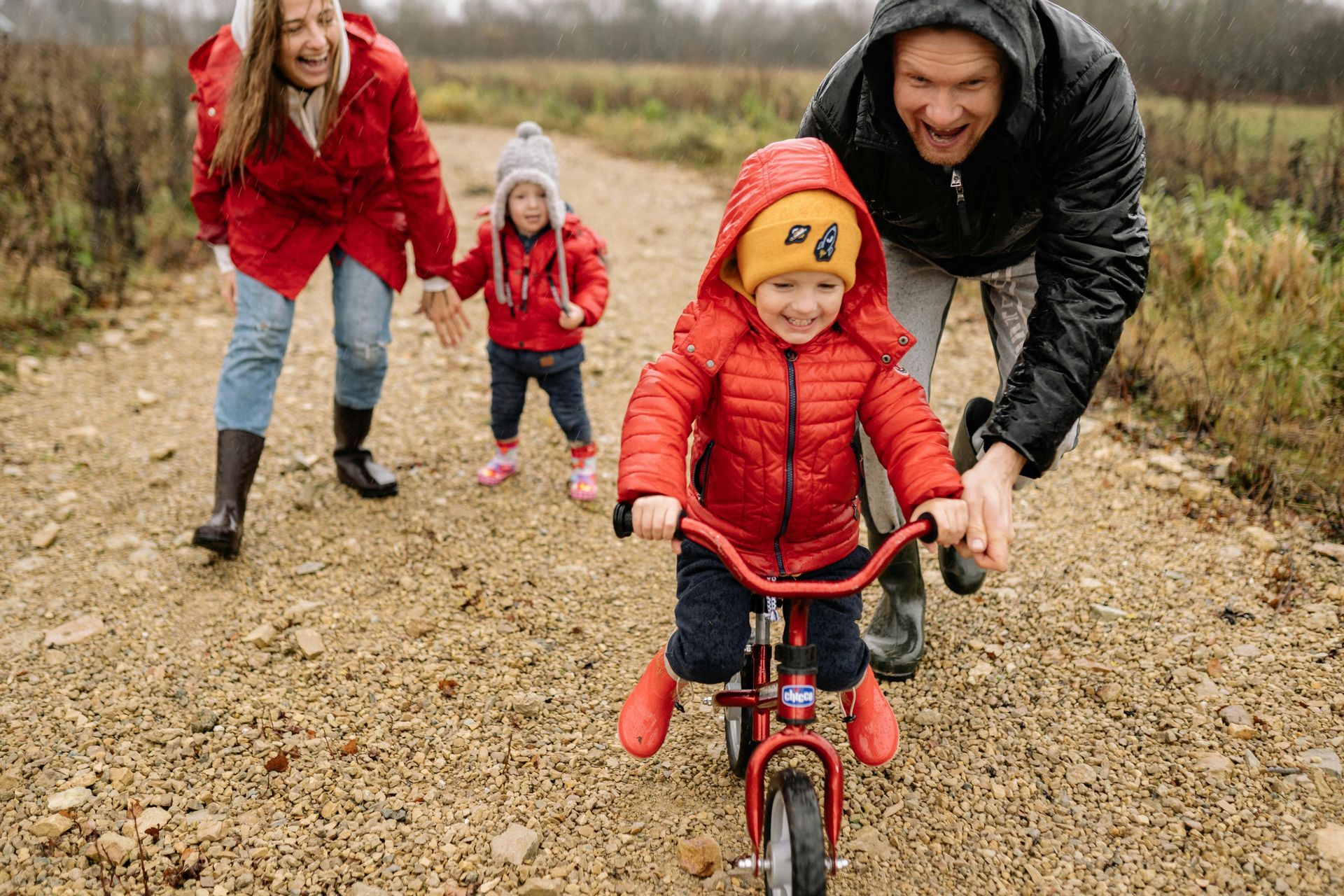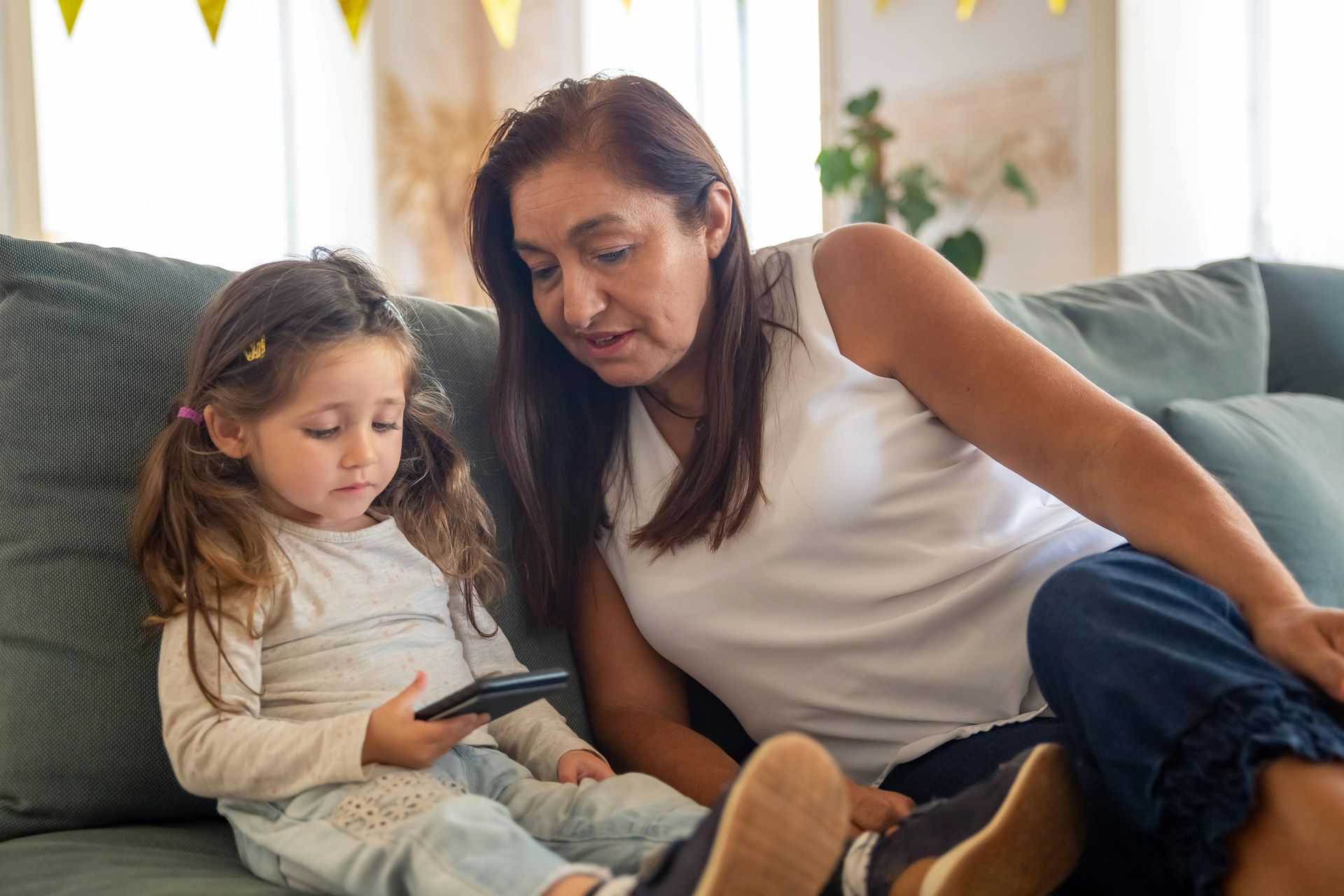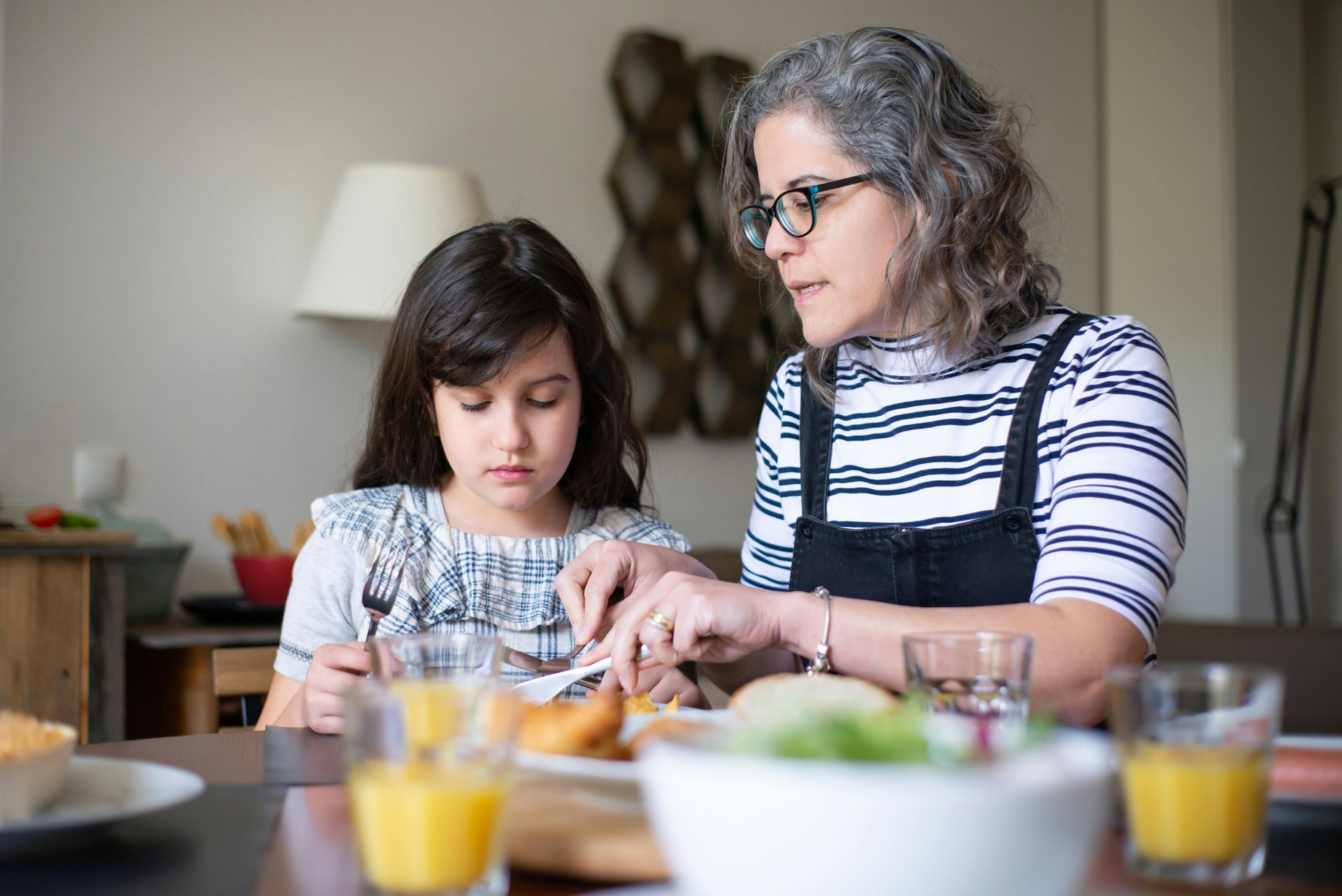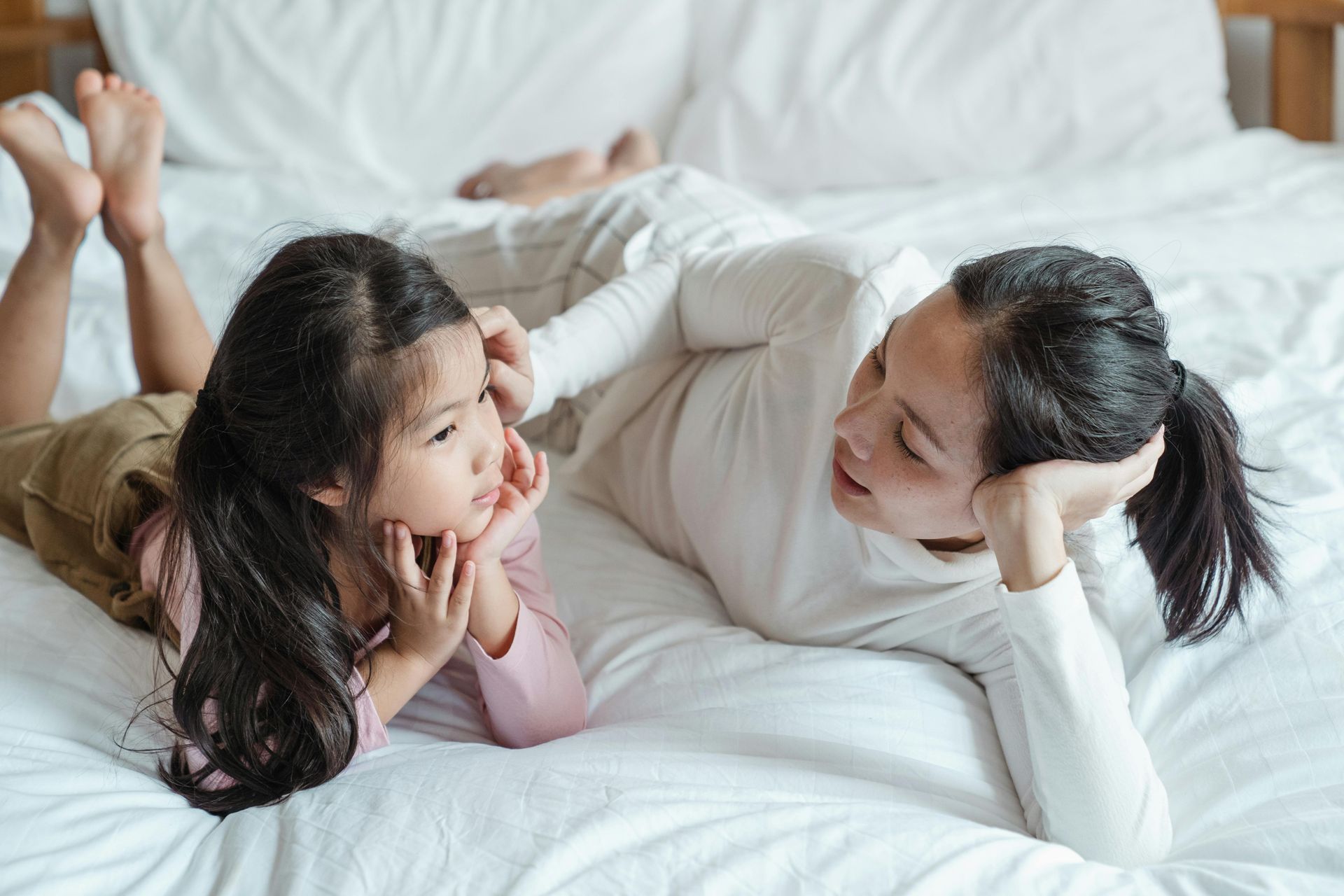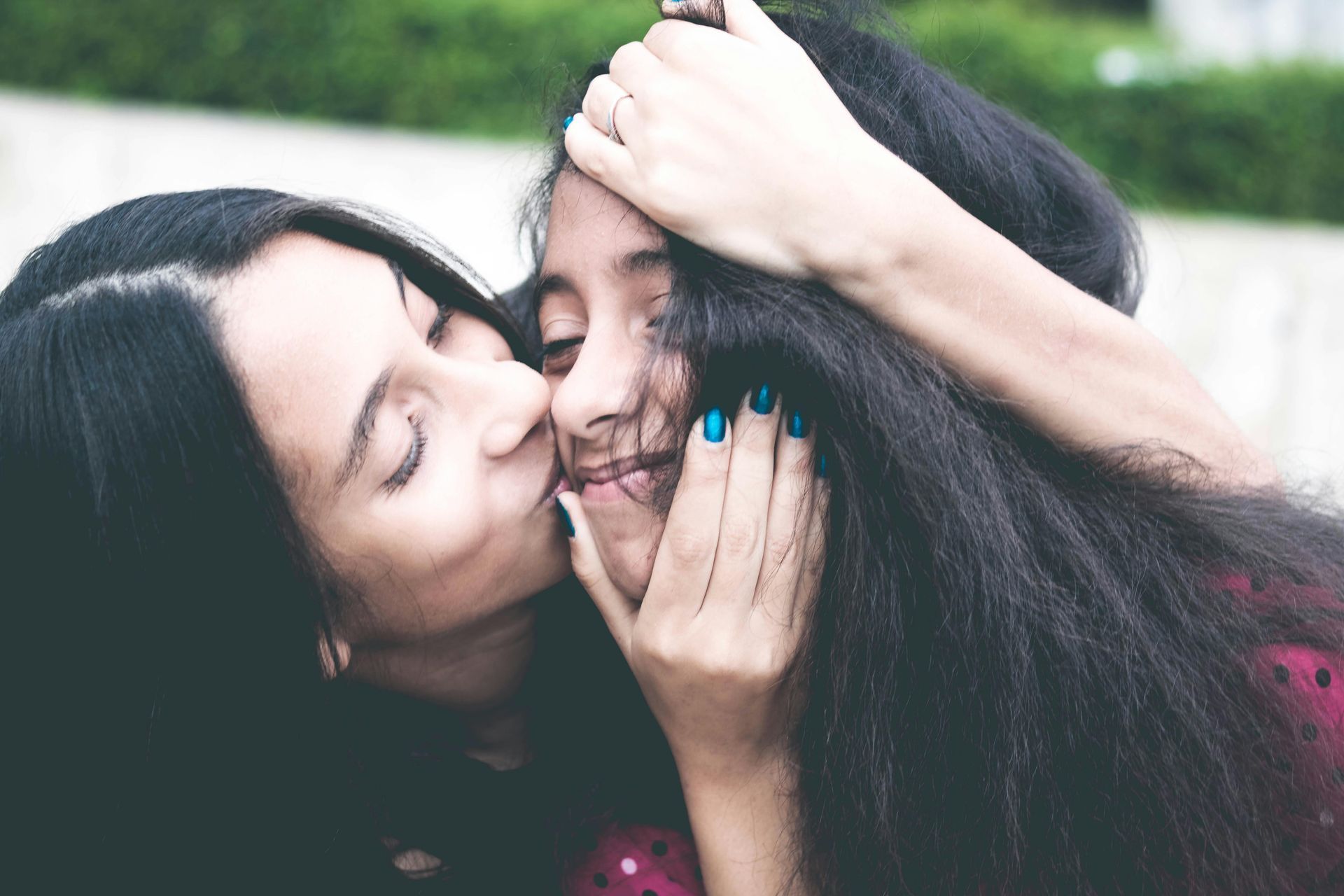Feel-Good Routines: How Small Daily Habits Help Kids Feel Safe and Seen
When life gets busy (and it always does), routines can feel like one more thing to keep track of. But the truth is, small, feel-good routines can make a big difference—especially for kids who crave consistency and connection.
You don’t need a rigid schedule or elaborate plans. You just need a few intentional moments in the day that help a child feel grounded, supported, and noticed.
Why Routines Matter (Especially for Kids Who Need Extra Support)
Routines create a sense of safety. When children know what to expect, they feel more in control and less anxious—especially when the world around them can sometimes feel unpredictable.
For children who have experienced stress or big transitions, routines offer more than structure—they offer reassurance. They say, “You’re safe here. I’m here with you. You know what’s coming next.”
And for caregivers, routines can be a gentle way to create touchpoints throughout the day that build trust and connection.
What Makes a Routine “Feel Good”?
A feel-good routine isn’t about strict rules or getting everything “right.” It’s about small, repeated actions that:
- Bring comfort
- Build connection
- Give kids a sense of control
- Create shared moments
The best routines are simple, flexible, and centered around what feels nurturing—not what feels perfect.
5 Simple Feel-Good Routines to Try
1. Morning Moments
Start the day with connection instead of chaos. A morning routine might include a favorite song, a stretch together, or a quick cuddle before the day begins.
Example: “What’s one thing you’re excited about today?”
2. Snack Time Pause
Turn snack time into a reconnection point. Sit together (even briefly), make eye contact, and check in.
Try: “Let’s do 3 slow sips of water and take 3 big breaths.”
3. Afternoon Feelings Check-In
As energy dips later in the day, use a drawing activity, a feelings chart, or just a quiet sit to help kids process.
Ask: “What color are you feeling today?” or “Do you want to draw how your day is going?”
4. Evening Wind-Down
Create a gentle wind-down routine to help the body and brain shift into rest. This could be a shared story, warm bath, soft music, or a calming scent like lavender.
Bonus Tip: Keep bedtime routines consistent—it’s a powerful regulation anchor.
5. Celebration Circle
Before bed or after dinner, gather for a “one good thing” moment. Everyone shares something they liked about the day—big or small.
Prompt: “What’s something that made you smile today?”
Tips for Keeping Routines Low-Stress and Sustainable
- Start small. One new routine is better than five that overwhelm you.
- Let the child lead. Ask for their ideas or let them choose the song or book.
- Be flexible. Life happens. If you skip a routine, just come back to it the next day.
- Focus on connection. It’s not about checking boxes—it’s about being present together.
Everyday Moments Build Lifelong Resilience
Feel-good routines are about more than keeping a schedule—they’re about building emotional security, one small moment at a time. They help children feel seen, safe, and supported.
And that’s the heart of what we believe at Society of Care: healing and growth start in the everyday.
Looking for more simple, supportive tools for the kids in your care?
Explore our blog and resources for ideas that help you nurture connection, one moment at a time. Or, Join our mailing list where we share more resources that accompany our blog posts.
Join Our Mailing List
